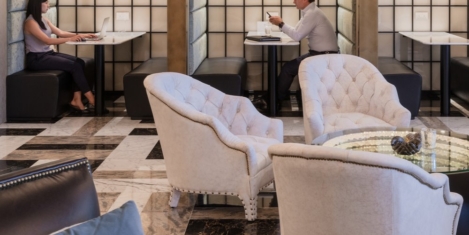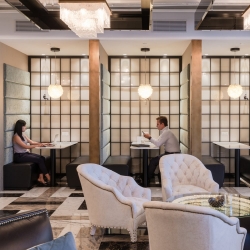December 6, 2023
There will be a near universal adoption of generative AI in businesses, say bosses
 An overwhelming majority (91 percent) of executives say that their companies are now using generative AI or are planning to do so within the next 18 months, according to a new poll from Thomson Reuters. The Thomson Reuters Future of Professionals C-Suite Survey reported on responses from 148 C-Suite leaders (CFOs, CEOs etc) from the United States, United Kingdom and Canada. The survey suggests that use of AI across businesses is becoming ubiquitous as leaders start to recognize the true potential of the technology, such as in developing new products and driving operational efficiency. More →
An overwhelming majority (91 percent) of executives say that their companies are now using generative AI or are planning to do so within the next 18 months, according to a new poll from Thomson Reuters. The Thomson Reuters Future of Professionals C-Suite Survey reported on responses from 148 C-Suite leaders (CFOs, CEOs etc) from the United States, United Kingdom and Canada. The survey suggests that use of AI across businesses is becoming ubiquitous as leaders start to recognize the true potential of the technology, such as in developing new products and driving operational efficiency. More →











 Generation Z and millennials make up a huge part of the workforce and are only continuing to grow, and with this increase, more is being asked from the workplaces that employ them. Workplace wellness is becoming increasingly essential, especially as employee well-being decreases and affects trust in employers’ efforts. With significant economic woes and work setup changes affecting professional life, 64 percent of the UK workforce would say their
Generation Z and millennials make up a huge part of the workforce and are only continuing to grow, and with this increase, more is being asked from the workplaces that employ them. Workplace wellness is becoming increasingly essential, especially as employee well-being decreases and affects trust in employers’ efforts. With significant economic woes and work setup changes affecting professional life, 64 percent of the UK workforce would say their 


























July 20, 2023
Are you ready for the latest family friendly employment laws?
by Adrian Lewis • Comment, Workplace